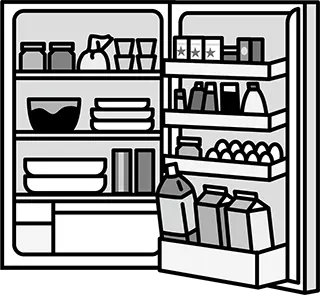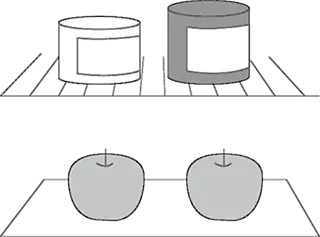Refrigerator
Is it a malfunction? before that!
- It doesn't cool well, it doesn't get cold
- Are you putting warm or hot items inside?
- Is it overfilled with food?
- Is the cold air vent blocked by food, etc.? (In the case of a refrigerator with vent)
- Do you open and close the door frequently?
- Is the temperature control in the proper position?
- ※ If you keep the temperature control for the freezer to "strong" all the time, it may stop getting cold.
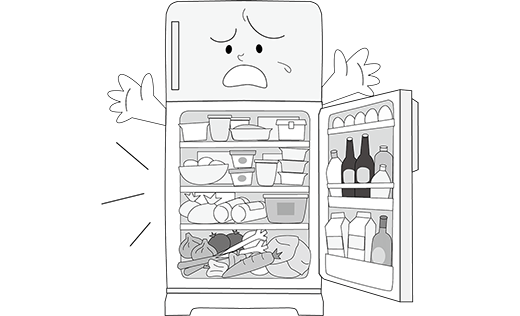
- Food in the refrigerator freezes
- Is there any watery food (like tofu) on the back of the refrigerator (near the vent)?
- Is the temperature control set for continuous operation or strong?
- Dew and frost forms inside the refrigerator
- It may appear when the humidity is high, when the door is opened for a long time, or when the door is opened and closed frequently.
- Is something stuck in the door, or is food hitting the door and making the door open a little?
- Is making loud noise
- Is it installed so that it does not rattle on the floor?
- Is the refrigerator hitting on the wall?
- Is the evaporation dish firmly inserted and fixed?
- Are there any objects around the refrigerator?
About operation noise
- The following noise is heard during operation, but this is not a malfunction.
- Short repeated popping sound
- This is the sound of the refrigerant (gas) flowing in the cooling device.
- Short single popping sound
- This is because the inside of the refrigerator repeatedly contracts and expands due to temperature changes and cooling operation.
- Prolonged buzzing sound
- When opening and closing the door, the fan stops, so there may be an operating noise.
(In the case of a refrigerator with a fan)
- When opening and closing the door, the fan stops, so there may be an operating noise.
Use the refrigerator efficiently
|
|
|
|
|
|
|
|
|
|
Not suitable for storage in the refrigerator.
|
|
Daily care
- Maintenance
- Dip a soft cloth in a diluted neutral detergent, squeeze tightly and then wipe with water and dry.
- Using a knife or screwdriver to remove frost or ice may damage the innerside and cause a malfunction.
※Do not use items like the following.
-
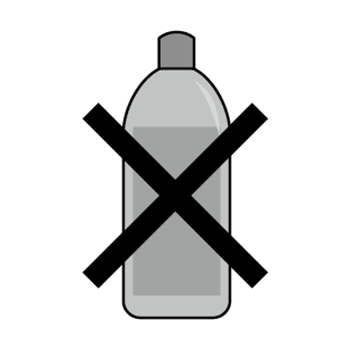 Alcohol
Alcohol
-
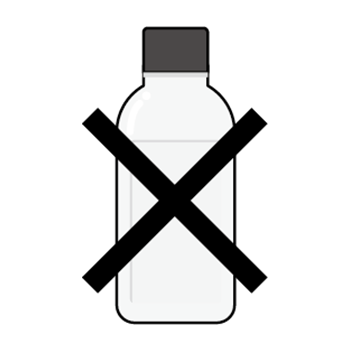 Polishing powder
Polishing powder
-
 Soap powder
Soap powder
-
 Nylon
Nylon
scrubbing brush -
 Scourer
Scourer
-
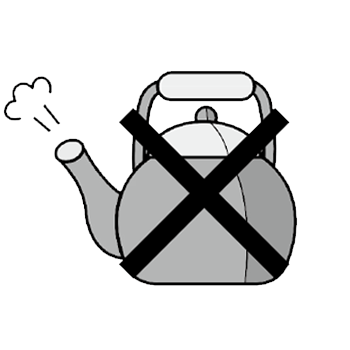 Hot water
Hot water
(60 ℃ or higher) -
 Organic solvent
Organic solvent
(Thinner, benzine, seal remover, etc.) -
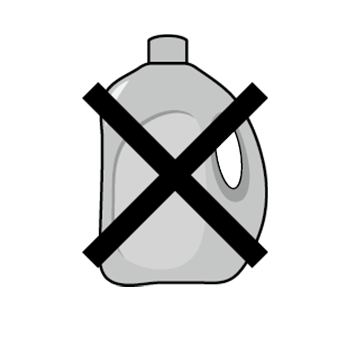 Alkaline and weakly alkaline detergent
Alkaline and weakly alkaline detergent
-
 Items that may damage the resin
Items that may damage the resin
We cannot guarantee the food in the refrigerator when it is replaced due to a defect.

